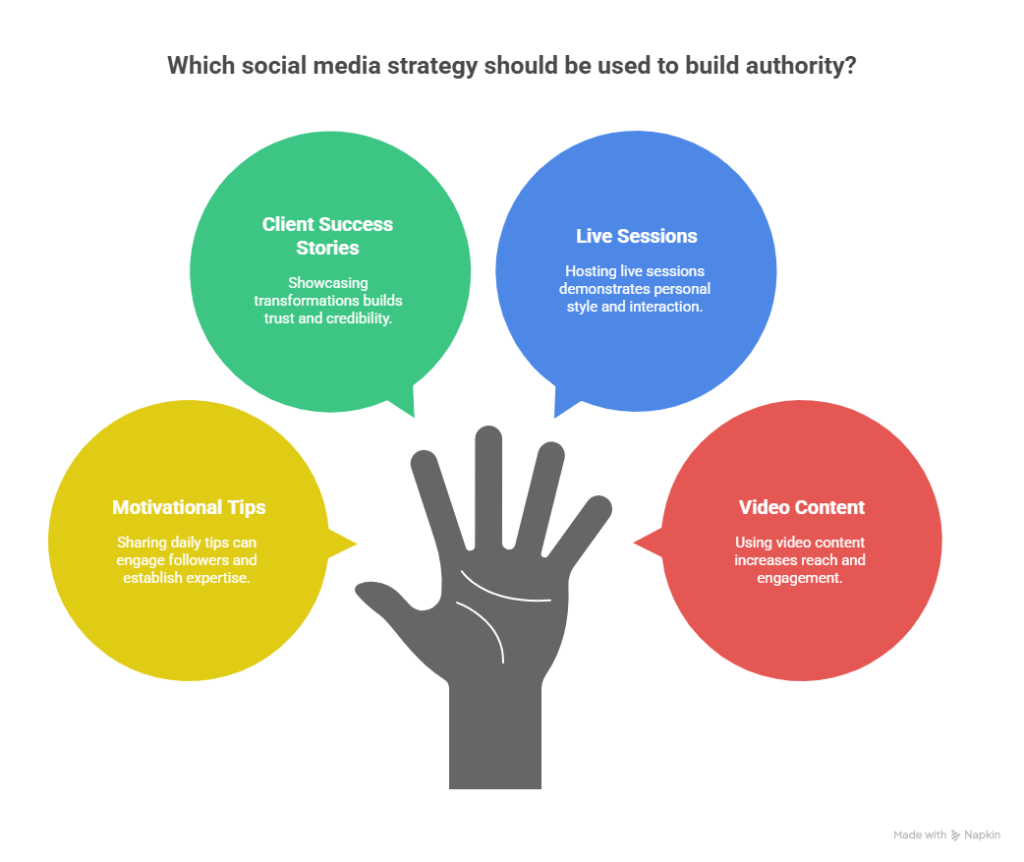A life coaching business helps people improve different areas of their lives, such as career, relationships or personal growth, through structured coaching sessions. To market a life coaching business effectively, coaches need more than word-of-mouth; they need a mix of online presence, SEO, client testimonials, networking and free value offers. Done right, these strategies build trust, attract clients and create long-term success.
The life coaching industry has exploded in recent years as more people seek guidance to improve their confidence, productivity, and overall well-being. But while certification and skill are essential, success in this field also depends heavily on how well you market your services.
So, what exactly is a life coaching business and how can you market it in a way that attracts the right clients? Let’s break it down step by step.
Key Takeaways
- A life coaching business helps clients achieve personal or professional goals.
- Strong marketing bridges the gap between coaching expertise and client acquisition.
- A professional website and SEO ensure visibility.
- Social media and content marketing build authority.
- Testimonials and referrals establish credibility
- Free offerings help convert interested prospects into paying clients.
What Is a Life Coaching Business?

A life coaching business provides professional guidance to help individuals set and achieve personal or professional goals. Unlike therapy, which focuses on healing past wounds, life coaching is future-oriented. It helps clients identify where they are, where they want to be and the steps to bridge the gap.
Life coaches may specialize in areas such as:
- Career coaching
- Mindset and motivation
- Health and wellness
- Relationships
- Business and leadership coaching
Running a life coaching business means combining coaching expertise with entrepreneurial skills. That’s where marketing becomes crucial; without visibility and credibility, even the best coach can struggle to find clients.
Steps to Market a Life Coaching Business
Life coaching is more than giving advice; it’s about guiding people to reach their full potential. But even the best coaches struggle if no one knows about their services. That’s why learning how to market a life coaching business is key to building trust, attracting clients, and growing steadily.
Build a Professional Coaching Website
Your website is the foundation of your online presence; it’s where potential clients form their first impression. A strong life coaching website should:
- Define your niche clearly (e.g., career coaching for young professionals or mindset coaching for entrepreneurs). This helps you stand out from general coaches.
- Include essential pages: About, Services, Testimonials, and a Contact/Booking Page.
- Use strong calls-to-action (CTAs) such as “Book a Free Discovery Call” or “Download Your Free Goal-Setting Guide.”
- Be fully optimized for SEO with keywords like life coach in [city] or personal growth coaching.
Use Social Media to Build Authority

Social media is one of the fastest ways to grow visibility and credibility. Choose platforms where your audience spends the most time: Instagram, Facebook, LinkedIn, or TikTok and use them to:
- Share daily motivational tips, practical strategies, and personal stories
- Post client success stories (with permission) to highlight real transformations.
- Host live Q&A sessions or mini coaching sessions to showcase your style.
- Use video content (Reels, TikToks, YouTube Shorts) for greater reach and engagement.
Leverage SEO and Content Marketing

Content is what keeps your business visible in search engines. Regular blogging and publishing educational material help position you as an expert while bringing in organic leads. Write about:
- Goal-setting strategies that deliver measurable results.
- Mindset shifts for productivity and stress management.
- NLP and communication techniques for leadership and personal growth.
Every blog should be keyword-optimized, easy to read, and include internal links to your services. Over time, this builds trust and boosts ranking.
Collect and Highlight Client Testimonials
People trust results more than promises. Showcasing testimonials and success stories creates credibility. Use:
- Written testimonials that include specific results (e.g., “I achieved my 6-month career goal in just 3 months”).
- Video reviews, which feel more authentic and engaging.
- Case studies that outline the client’s challenge, the coaching approach, and measurable results.
Network and Collaborate
While online marketing is essential, offline and partnership-based strategies also help expand your reach. You can:
- Partner with wellness centers, gyms, or HR consultants who work with people needing coaching.
- Speak at local events, workshops, or webinars to position yourself as an expert.
- Collaborate with podcasts, YouTube channels, or blogs in related niches (personal development, career growth, wellness).
Offer Free Value to Build Trust
Before investing in coaching, most people want a “test run.” By offering free value, you reduce hesitation and attract clients who are more likely to convert. Options include:
- Free webinars or workshops that cover practical tools (like stress management or goal setting).
- Downloadable resources such as affirmations, coaching workbooks, or productivity planners.
- Discovery calls to let prospects experience your style and understand how you can help them.
Conclusion
A life coaching business thrives on credibility, visibility, and relationships. By first understanding what life coaching is and then applying proven marketing strategies like building a professional website, leveraging SEO, sharing authentic client stories, networking, and offering free value, you create a system that consistently attracts clients.
Remember: success in marketing isn’t about one big campaign, it’s about consistent, authentic actions that build trust over time. When clients feel connected to your story and confident in your expertise, your coaching business grows naturally.
FAQs
Do I need a website to market my life coaching business?
Yes. A website acts as your digital storefront. It gives potential clients a clear picture of who you are, what services you provide, and how to get started. Without one, you risk losing credibility and visibility.
How can I get clients if I’m just starting with no testimonials?
If you’re new, offer free or discounted sessions in exchange for honest feedback. You can also create case studies based on mock scenarios, share your own growth journey, and build trust with valuable content on social media.
What is the most cost-effective way to market a life coaching business?
Content marketing and social media are the most affordable and effective strategies. Writing blogs, posting motivational videos, and sharing practical tips build authority without requiring a big advertising budget.
How important is SEO for life coaches?
SEO is critical because it helps potential clients find you through Google searches. For example, someone typing “life coach in [your city]” is a warm lead looking for services like yours. Optimized blogs and service pages increase your chances of being discovered.
Should I offer free coaching sessions?
Yes but strategically. Free discovery calls, short workshops, or downloadable resources help prospects experience your value. These low-risk introductions often convert into paying clients, especially when paired with a strong follow-up system.





